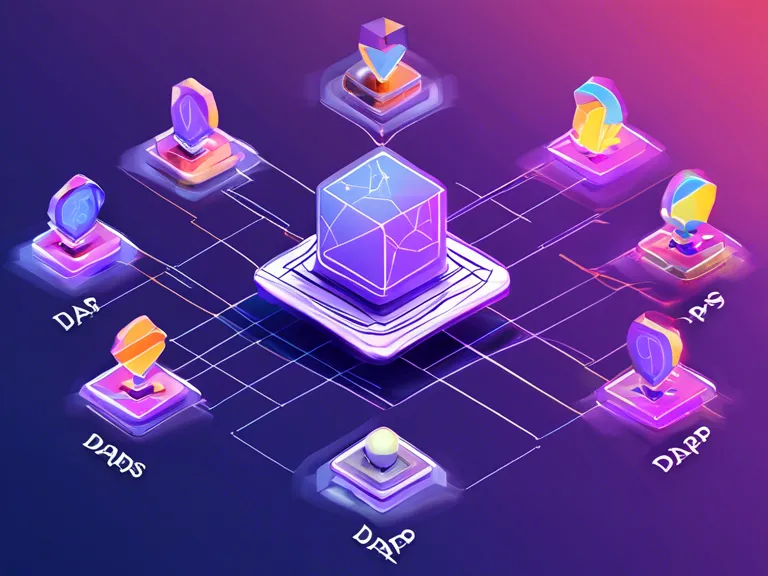
In recent years, decentralized applications (DApps) have been gaining momentum and transforming the landscape of software development. These applications utilize blockchain technology to operate independently of a single central authority, offering users increased transparency and security. The rise of DApps has opened up new possibilities for developers and users alike, leading to a more decentralized and inclusive digital ecosystem. This article explores how DApps are shaping the future of software development and the key benefits they bring to the table.
One of the primary advantages of DApps is their decentralized nature, which eliminates the need for intermediaries and reduces the risk of censorship. Traditional applications often rely on centralized servers, making them vulnerable to hacking and data breaches. DApps, on the other hand, store data across a distributed network of nodes, making them more secure and resistant to attacks. This increased security is particularly valuable for applications that handle sensitive information, such as financial transactions or personal data.
Another key benefit of DApps is their transparency and immutability. The data stored on a blockchain is visible to all participants in the network, ensuring that transactions are easily traceable and verifiable. Once data is recorded on the blockchain, it cannot be altered or deleted, providing a reliable and tamper-proof record of all activities. This level of transparency instills trust among users and creates a more accountable digital environment.
Moreover, DApps offer greater accessibility and inclusivity compared to traditional applications. Anyone with an internet connection can access a DApp, regardless of their location or background. This opens up opportunities for individuals in underserved regions to participate in the digital economy and access essential services. Additionally, DApps often operate on open-source protocols, allowing developers to collaborate and innovate more freely.
In conclusion, the rise of DApps represents a significant shift in software development towards decentralization and transparency. By leveraging blockchain technology, DApps are revolutionizing the way applications are built and used, offering increased security, transparency, and accessibility. As the ecosystem continues to evolve, DApps are poised to play a crucial role in shaping the future of digital innovation.



